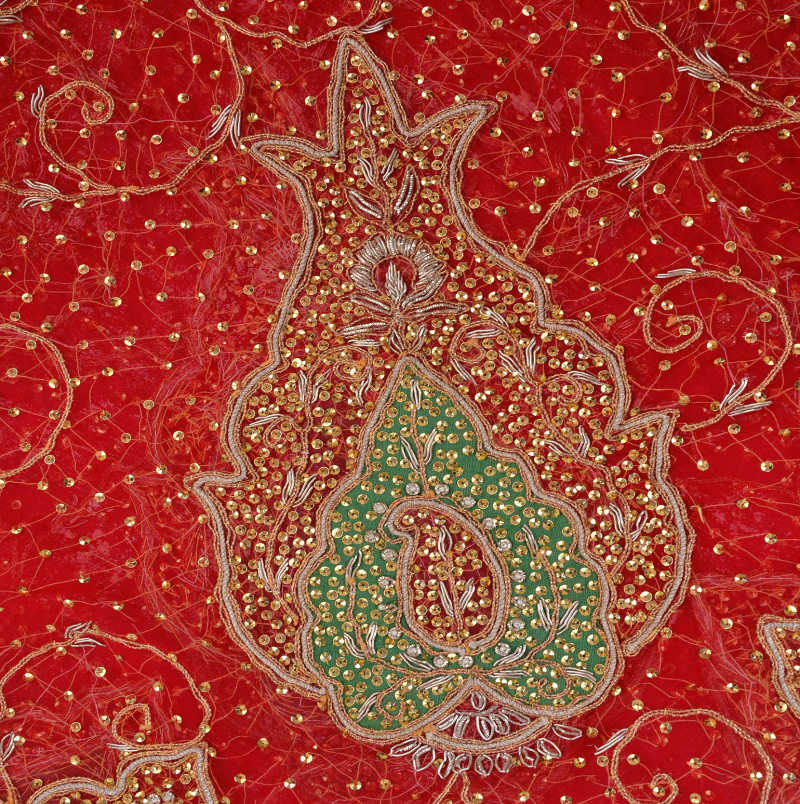===
0490,
2
===

=== |
 |
nibhnā : 'To be accomplished, or performed, or effected; to succeed; —to serve, do, pass; to live, subsist, eke out a livelihood; to last, continue, endure'. (Platts p.1121)
koʾī : 'Any, anyone, anybody; someone, somebody; some, a few; a, an; ... —in any degree, at all'. (Platts p.866)
FWP:
SETS == KYA
MOTIFS
NAMES
TERMS == THEMEOn the theme of poverty, see also:
{1896,9}.
And while we're on the subject of wine-drinking and money, I can't resist adding to the repertoire Ghalib's irresistibly rakish way of paying his own wine-bill:
G{210,2}.
Note for grammar fans: The verb nibhnā is formed from the transitive nibāhnā ; here it applies to the 'passion and wine-drinking' (with the usual tendency after a list for the verb to agree with the last item). Thus the koʾī doesn't refer to 'someone' as it usually does, but means 'in any degree, at all' (see the definition above). And the whole first line is idiomatically framed, since colloquial usage and poetic context compel us to read it only as a yes-or-no rhetorical question ('Is it ever sustained? Of course not!'), but since there's no kyā , nothing in the grammar actually enforces this reading. A similar Ghalibian case: G{91,9}.